‘I’m counting on all youth to influence decisions in their countries’
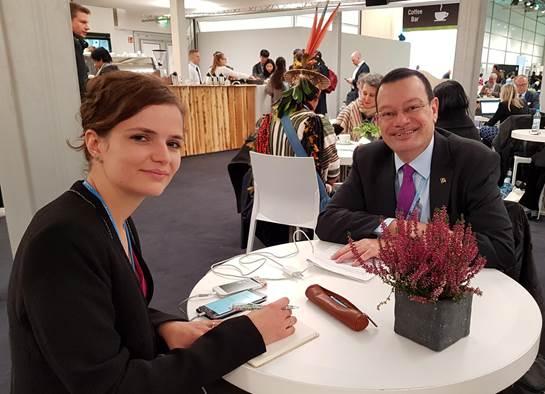
The Swiss Youth for Climate organisation has sent a group of delegates to this week’s United Nations Climate Conference in Bonn, Germany. One of the young participants wanted to know how small island nations are being affected by a changing climate and spoke with a representative from the Seychelles to find out.
The island nation of Fiji is presiding over the 23rd United Nations Climate Conference (or COP23). That means a key topic of discussion has been what such island states, which most keenly feel the effects of climate change, can expect in the coming years. Anaïs Campion, a Swiss Youth for Climate delegate, discussed the issue with Ronny Jumeau, permanent representative to the UN and Ambassador for Climate Change of the archipelago Republic of Seychelles.
Anaïs Campion, Swiss Youth for Climate: How do young people in the Seychelles perceive climate change?
Seychelles Ambassador to the UN, Ronny Jumeau: In the Seychelles, we don’t make a distinction between climate activities, sustainable development and conservation. Climate action and sustainable development are two sides of the same coin. When you talk about sustainable development on an island, you actually talk about survival. Therefore, as soon as they go to school, children join what we call wildlife clubs. They then call themselves eco-warriors. You can see it here at COP23External link: pacific islands people are warriors, not victims. During primary and secondary school, young people address equally climate change, sustainable development and conservation of oceans. They learn to express themselves clearly on these different topics. At university, there are other groups committed to climate action.
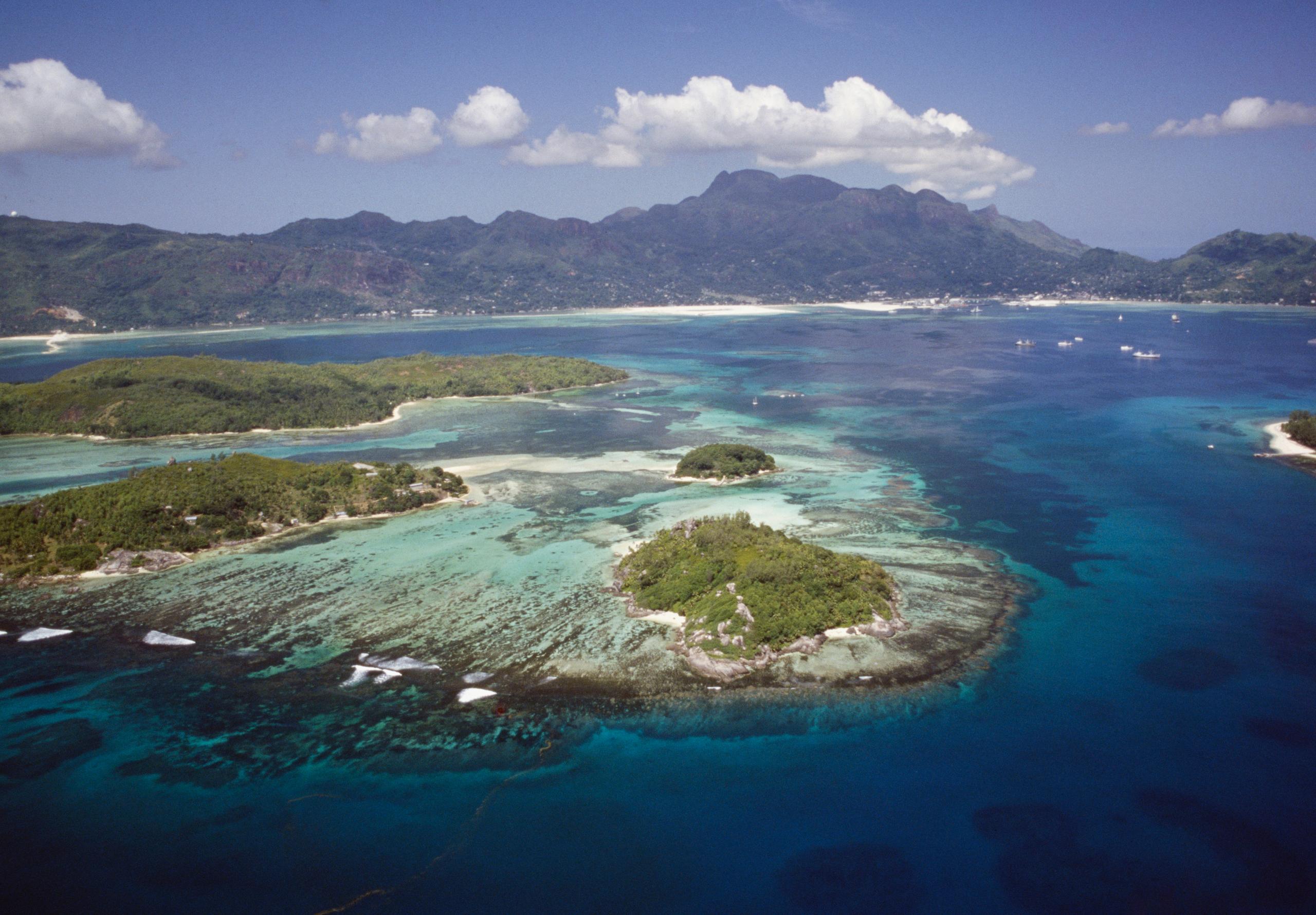
AC: How does climate change affect young people in particular? And how are they involved in climate action?
RJ: Climate change is not only threatening their possibilities in the future, like having a decent job; it is threatening their very survival. The government of Seychelles consults young people about how they see the future development of the country. They are consulted about oceans, climate change, tourism, SDGs [sustainable development goalsExternal link], fishes, poverty. This is how we raise awareness and empower young people. To give you a concrete example, look at our delegation here in Bonn: we don’t consider the young members of the delegation to be “youth delegates”. They are rather young citizens and they are part of the delegation. They give inputs and participate to the activities of the delegation. This is what real and concrete inputs from young people into the negotiations look like. In small countries like Seychelles, young people get positions or opportunities at a young age, much younger than in bigger countries. They are forced to grow up quickly.
AC: So, from your point of view, youth involvement is very important in the United Nations Framework Convention on Climate Change (UNFCCC) process, right?
RJ: Of course. We are hopefully training the next generation of negotiators. They benefit from my experience and my knowledge in order to become better negotiators than I am. When I look at you, I see me, yesterday. When I look at you, I see hopefully a better version of me, tomorrow. Therefore, I have an interest in empowering you! This is not only the case for the young people from Seychelles; I count on all young citizens to hopefully influence the decisions of their country. Climate change is not fun, but there is a lot of positivity in climate action. However, now the part of COP23 where the negotiations are taking place looks rather like the inaction zone. We agreed on a text (the Paris Agreement), and now we disagree on its implementation. Before, we disagreed on what we will implement – now we disagree on how to do it. At least we have started the action part.
AC: What do you expect from youth from the western world in terms of climate action (mitigation, adaptation and finance)?
RJ: You should reach to your country’s climate ministers. Young people from big countries here at COP23 should be going back home and tell the board of their University: “Why don’t you divest from fossil fuels?” [ed: Swiss Youth for Climate is active in divestment campaigns, for example at the Swiss Federal Institute of Technology in Lausanne, EPFL]. You can do things like that. But what is important is not the noise itself – rather the reaction to the noise. Otherwise, it is just more noise. People have asked me in the past: “Are you angry at the West?” There are days I am, and they are days I am not, because this is a negotiation. But there are things that are not understandable. India, for example, is trying to lift people out of poverty. Since there are 400 million people who don’t have access to electricity, they burn coal. But why do you have to burn coal to get electricity?
AC: What do you think about some developing countries saying that it is now their time to develop?
RJ: It is indeed their time, but not by using the same path. However, you cannot tell someone to take a different pathway if you do not help him to do so.
AC: How can we make sure they take another path?
RJ: By providing climate financing, capacity building and technology transfer. The reason why governments are not keen on technology transfer is because technology is in the sphere of the private sector.
AC: What do you think about oceans issues?
RJ: Oceans are the main driver of the climate. You cannot take climate action without considering oceans. But for us, as an island, when we address the effects of climate change on oceans, we are also addressing sustainable development. For instance, coral reefs are important for fisheries and for tourism, but are affected by climate change. We thus need to strengthen the resilience of ecosystems, both land-based and especially ocean-based, against climate change. For example, Seychelles banned single-use plastics a few months ago. And that has been possible thanks to the pressure from the youth, especially the young people who are here at COP23. You see, young people are not just making noise. They are pressuring the government to take climate action.
Swiss Youth for ClimateExternal link was established in 2015 as a politically independent association. It quickly gained popularity and built an extensive network in Switzerland and abroad. Its goals include committing to “pragmatic and responsible” climate policies at the national and international level, and raising awareness among youth about climate issues and policy.

In compliance with the JTI standards
More: SWI swissinfo.ch certified by the Journalism Trust Initiative
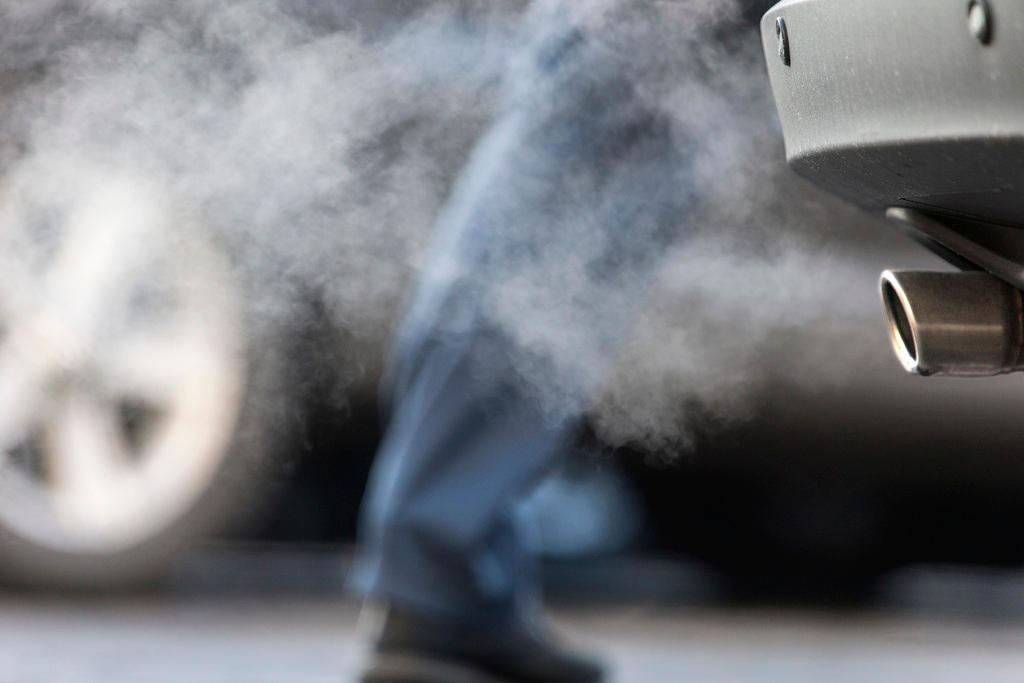
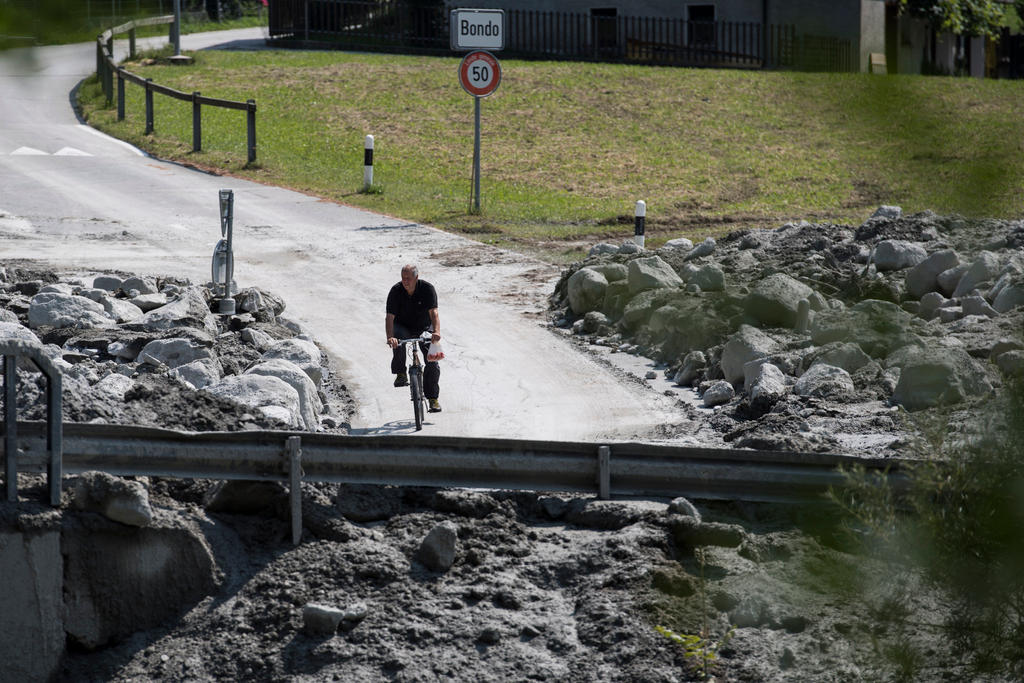
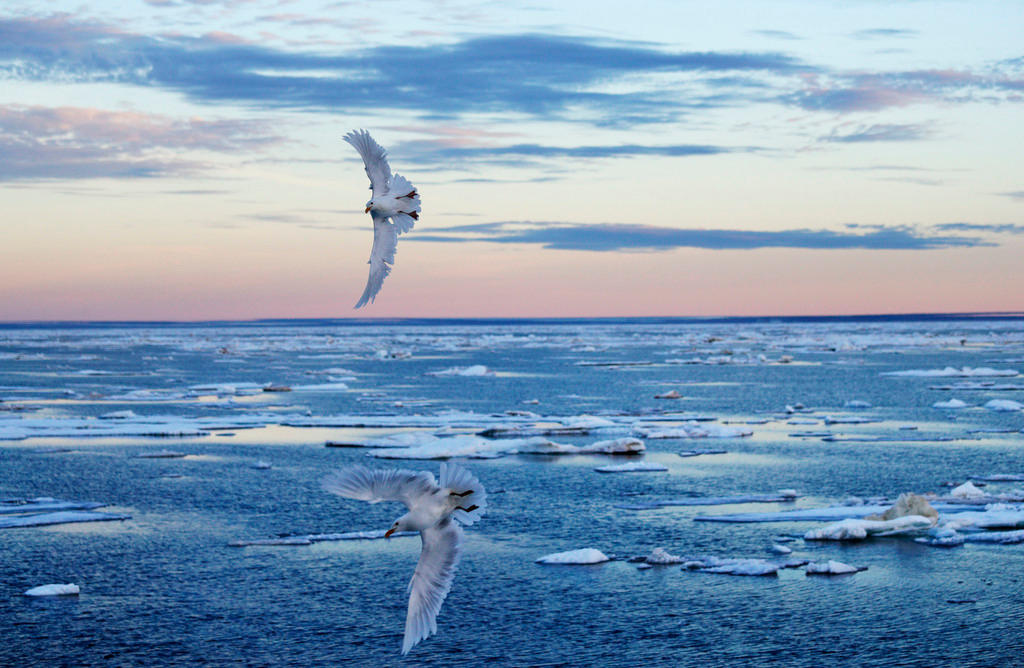
You can find an overview of ongoing debates with our journalists here. Please join us!
If you want to start a conversation about a topic raised in this article or want to report factual errors, email us at english@swissinfo.ch.